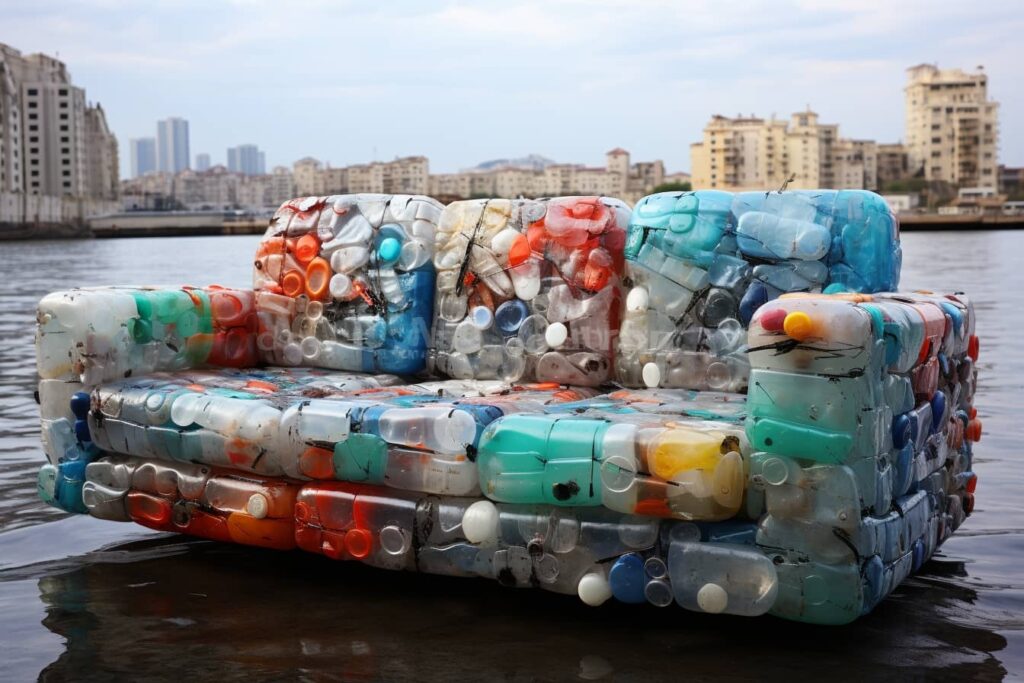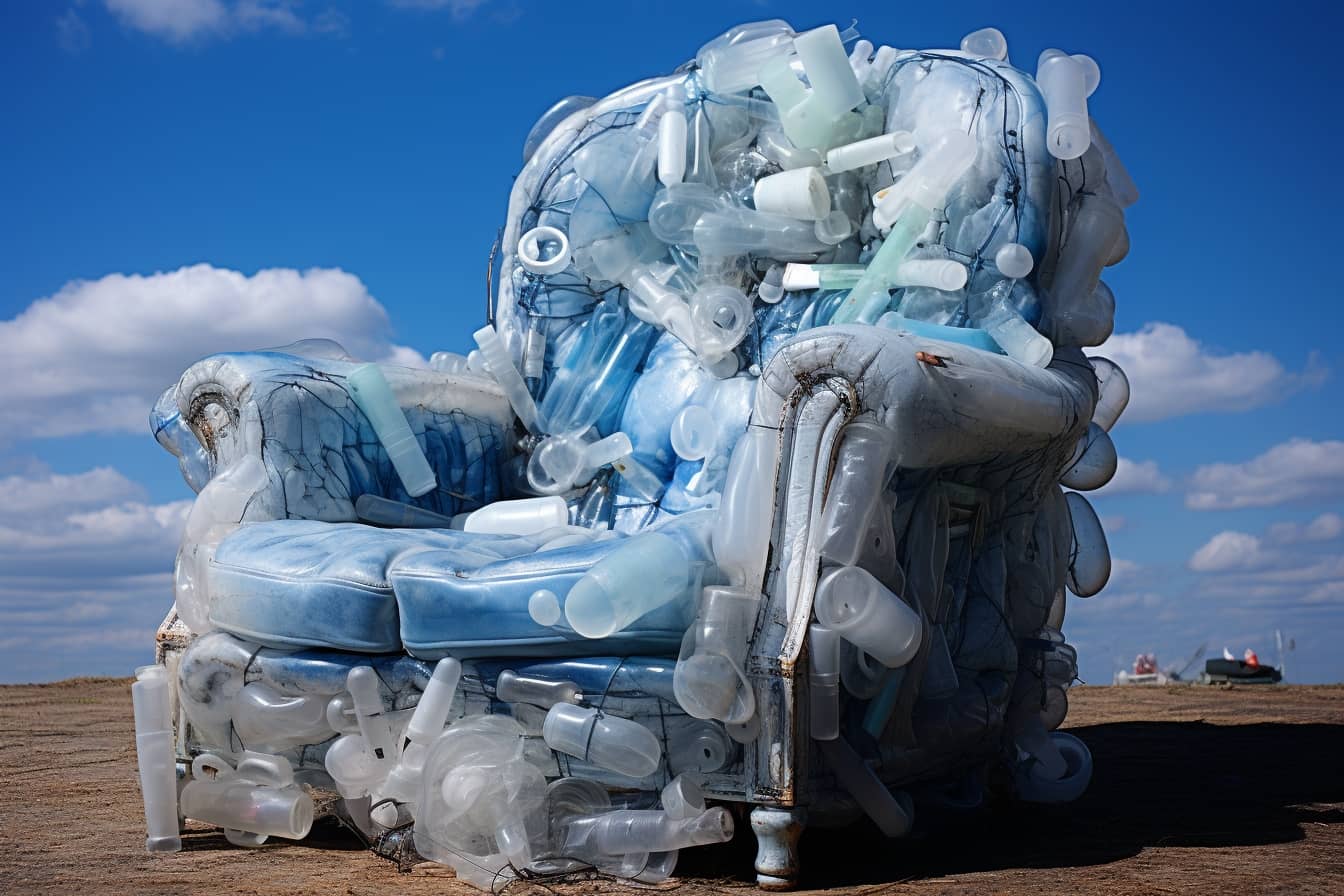You know: we are surrounded by technology everywhere. Smartphones, drones, electric cars… Yet, with all this progress, there is one thing we don't seem to be able to solve: the waste problem. Yes, that waste that we see every day, at every latitude, and which is slowly suffocating our planet. There are countless tech companies that present and promise more or less miraculous solutions, but we must ask ourselves: do they really have the answer we are looking for?
Let's take a moment to take a quick look at what's really going on behind the scenes.

The truth behind the promises
We live in a time where every innovation seems to carry with it a promise of a better future. But when it comes to waste management, things aren't that simple. The truth is that despite enormous technological advances, we are still overwhelmed by waste.
Every corner of our planet bears the traces of our wasteful way of life. From trains that derail releasing toxic substances in Ohio to the chemicals that are absorbed by our plantations. And it's not just about the visible and bulky waste. We want to talk about microplastics (now everywhere, from food what shall we eat to our heart, Via the placenta). Not to mention the greatest legacy we are leaving for the future: carbon emissions that are altering our planet's climate.

The illusion of solutions
You might think that with all the technological advances, we would have found a solution. But the truth is that many of the proposed “solutions” are more of a problem. Take for example startups that promise to recycle everything, from batteries to food. Sounds great, right?
In reality, many of these solutions capture only a small fraction of the waste we produce each year.
And then there are the big promises, like cleaning up the oceans. Ideas that often don't work in practice: millions in investment raised, and our oceans remain polluted.
Five approaches, no solutions (yet)
Despite the promises, as mentioned, Big Tech has not yet effectively addressed the waste problem:
- Advanced Recycling Startup: While some startups promise to convert household waste in “sustainable plastic raw materials” or to find new markets for lithium batteries and food waste, many of these solutions cannot handle the enormous volume of waste produced each year.
- The Ocean Cleanup: Despite the great attention and financial support, 10 years after its birth, this initiative it did not work as expected. Even though they have changed their strategy, the amount of waste they have managed to collect is minimal compared to the scale of the problem.
- Space Cleaning Companies: With the increase in satellites and space debris, some companies they are proposing solutions such as the use of lasers, webs and harpoons to capture debris. However, these solutions are still in the experimental phase and have not proven to be effective on a large scale.
- Carbon Capture Technologies: Although carbon removal it is essential to combat global warming, many of the proposed technologies are extremely expensive and may not be scalable or economically unsustainable in the long term. If then the proposal to capture CO2 is cutting down trees...
- Recycling Initiatives: Despite increasing awareness and initiatives to reduce the use of single-use plastics, plastic production is increasing. It will triple by 2060. Solutions like restrictions on straws and plastic bags are just a drop in the ocean compared to the overall problem.
These solutions, while well-intentioned, highlight the need for a more holistic and sustainable approach to waste management.

The real solution? Change mentality
We cannot continue to produce waste at the current rate and hope that technology will solve everything. We need to change the way we think and act – not quick fixes, but long-term solutions that address the root of the problem.
Technology can help us, but it all depends on us. We must make informed decisions and work together to create a sustainable future: only then can we hope to leave a better planet for future generations.


